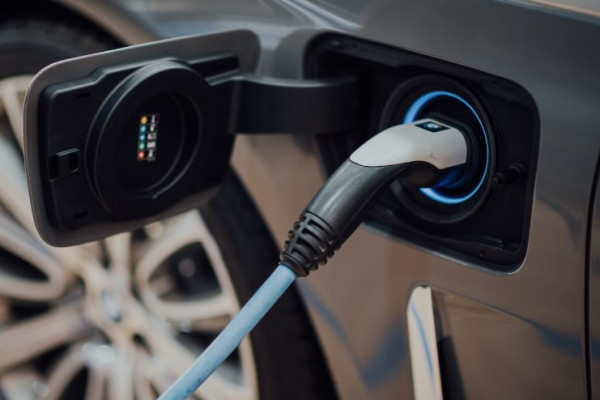
There will be more Electric Vehicle (EV) on the road in years to come. One of the key factor is the cost of ownership. EVs may have a higher upfront cost compared to gas-powered vehicles. But their lower operating costs makes them more affordable over time.
EVs have fewer moving parts, have lower fuel costs, and require less maintenance, which can save consumers huge amounts of money in the long run.
The drawback on sales of EVs are the price difference between gasoline-powered vehicles and EVs. Range covered which is a function of the availability of electric charging stations. And the state of EV battery technology which is improving. The time it takes to charge a battery and the length of time that charge lasts continue to be factors.
While the above concerns are there, investments are pouring in heavily in the development of EVs. Many EV makers are introducing new models and expanding their EV lineups.
The use of renewable energy for the manufacturing and charging of EVs, makes it even cheaper than any criticism. For instance solar power user is getting almost free charge compare to buying gasoline.
Advancements in technology have made EVs more practical and convenient for everyday use. Renewable energy sources such as solar power or wind can provide energy for charging stations in remote areas.
However, as EVs continue to gain ground and are poised to become a dominant mode of transportation in the coming years. The cost of EVs continues to come down and more affordable models become available, this barrier may become less of an issue.